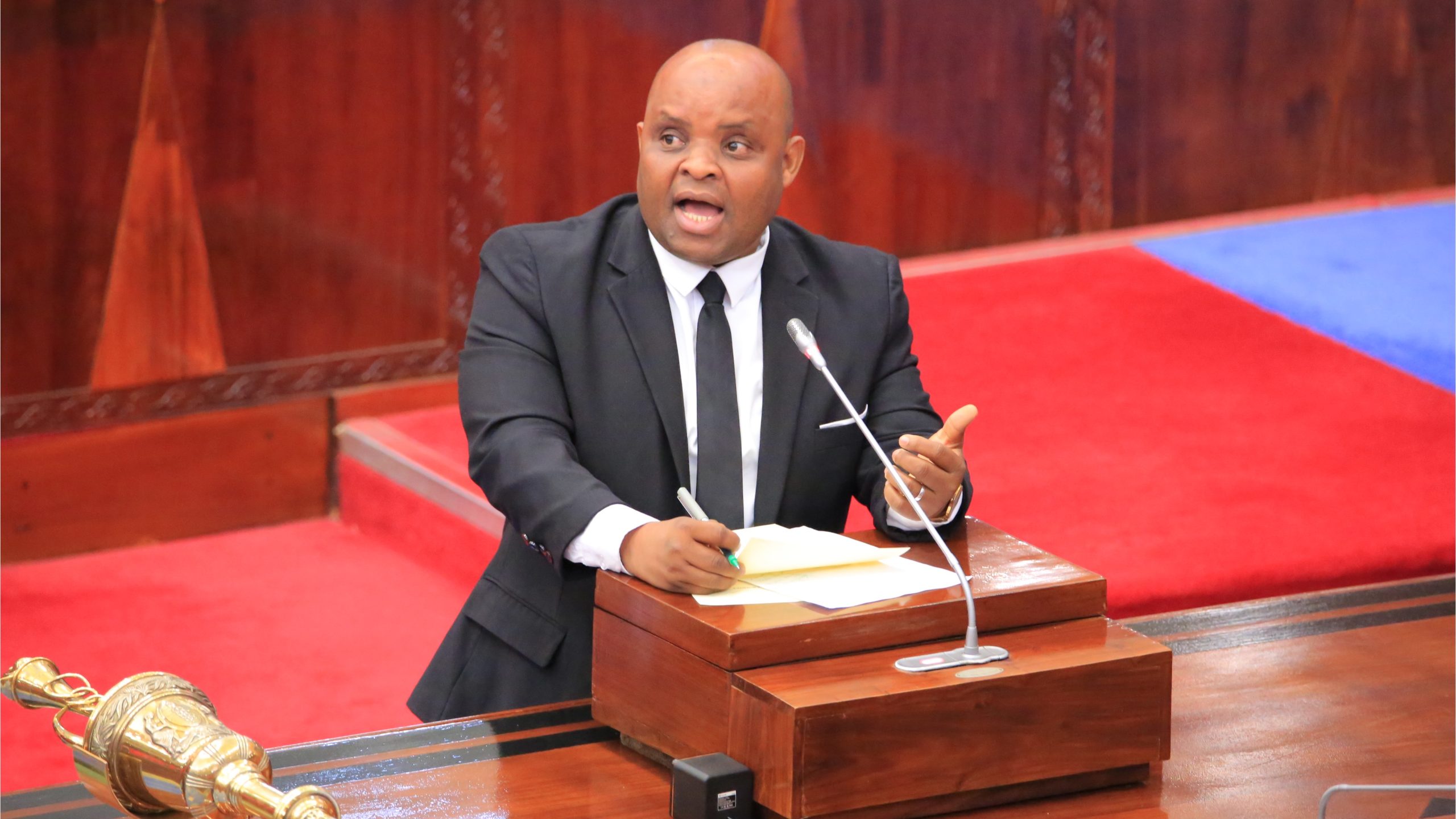A high-integrity carbon market is vital for reducing global greenhouse gas emissions. However, it’s essential to go beyond carbon mitigation alone when purchasing high-quality carbon credits. Benefits-sharing and social safeguards are crucial for ensuring the durability and longevity of emissions reductions while promoting market integrity, effective environmental management, and empowering vulnerable communities affected by climate change.
Unfortunately, the economic value of benefits-sharing is often neglected, as seen in the latest draft guidance on fair and equitable trading of voluntary carbon credits from the Commodity Futures Trading Commission (CFTC).
Benefits-sharing omitted from key regulations
During COP28, the CFTC introduced proposed guidance for voluntary carbon credit derivative contracts listed on designated contract markets (DCMs). The draft regulation mandates DCMs to establish and enforce rules safeguarding markets and participants from abusive practices while promoting fair and equitable trading. This initiative is positively received by the community.
However, the draft guidance fails to address the CFTC’s expectation for carbon crediting programs to adhere to or surpass best practices concerning social and environmental safeguards. This omission is significant.
By neglecting social safeguards and benefits-sharing, the CFTC misses a crucial opportunity to protect farmers, foresters, ranchers, and their communities from abusive practices such as conflicts of interest, misrepresentation, and exploitation.
What is benefits-sharing?
Benefits-sharing and social safeguards are essential to ensure that all stakeholders, including farmers, Indigenous Peoples, and rural communities directly affected by carbon credit projects, fully understand the terms of their involvement. They should be included in participatory processes and receive tangible benefits, ranging from shared revenue to enhanced livelihoods.
The revenue generated from carbon credit sales typically translates into community investments, such as upgrading critical infrastructure, expanding educational opportunities for youth, creating economically sustainable jobs, and offering training and capacity-building initiatives. Transparent contract terms are essential for facilitating participatory decision-making processes, which are integral to high-quality credits.
Emphasizing benefit-sharing provisions and transparent broker/intermediary fee structures is crucial, as these elements significantly impact the economics of carbon credits. Prioritizing these aspects fosters long-term emissions reductions and enhances community resilience.
Social safeguards: ‘must-haves’ for a high-integrity carbon market
To enhance market integrity: Clearly defined contract terms and transparent intermediary fee structures promote transparency, ensuring that farmers, ranchers, and foresters comprehend the contract’s terms and potential gains. This transparency can also enhance credibility. Crediting standards incorporating robust safeguards against displacement, exploitation, and unfair deals benefit local communities and shield credit buyers from reputational risk and greenwashing. Consequently, this enhances the attractiveness of investments for responsible buyers seeking ethical, credible, and transparent credits.
For equity and social justice: Equitably sharing benefits ensures that project developers are not the sole beneficiaries, building trust and fostering sustained engagement with local communities. Communities disproportionately impacted by climate change, often those least responsible, deserve a share in the benefits of emissions reductions. These benefits should prioritize community empowerment, allowing beneficiaries to have control over fund distribution for investing in development programs.
A pivotal moment for the carbon market and communities
The release of CFTC guidance comes at a pivotal moment for the voluntary carbon market. Despite growing interest, business leaders remain hesitant to deepen their investments due to the market’s lack of regulation and transparency requirements. Financial market regulators like the CFTC have a unique opportunity to rebuild trust and enhance the integrity of the voluntary carbon market.
It is imperative for the CFTC to incorporate regulatory language on safeguards and benefits-sharing in its proposed guidance. By clarifying expectations for market transparency and benefits-sharing, the CFTC can ensure that carbon credits in voluntary carbon markets fulfill their climate promises and contribute to a more just, equitable, and effective low-carbon future.



